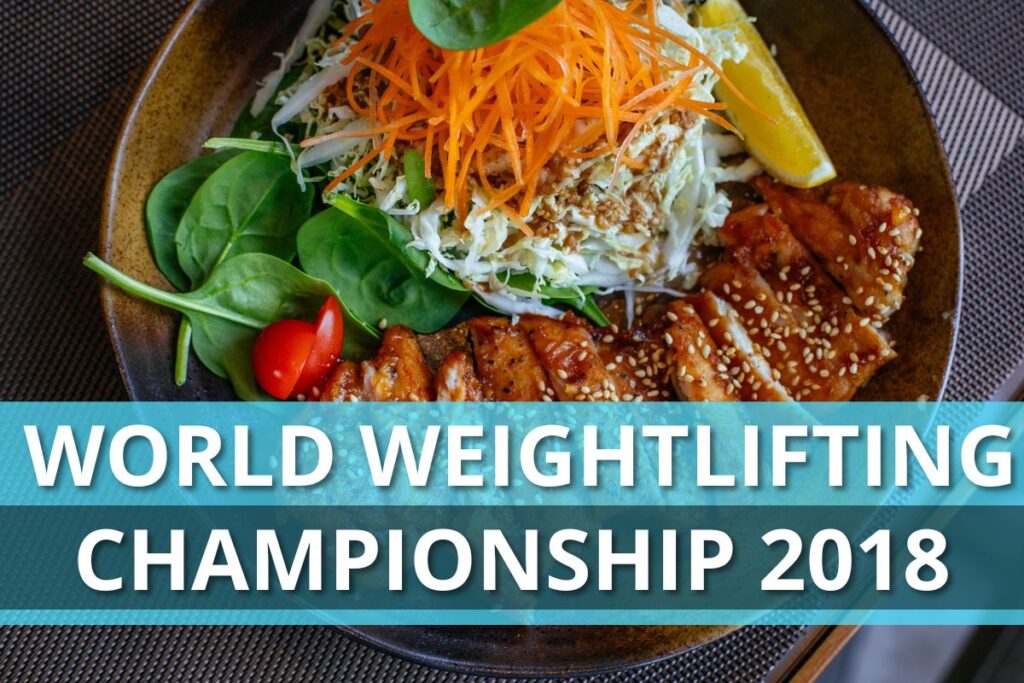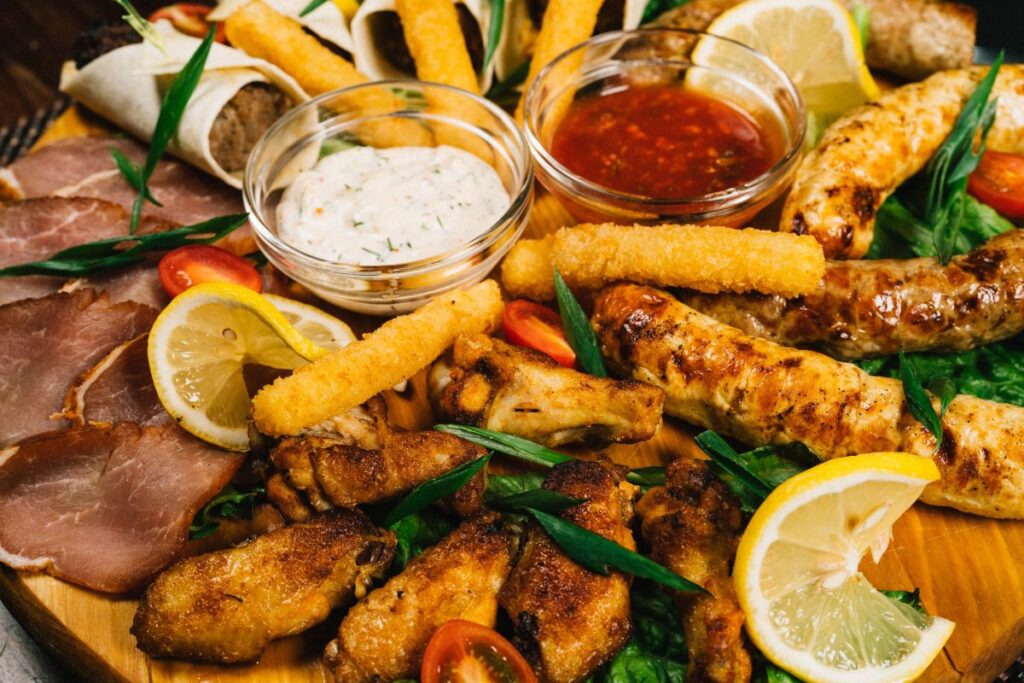6 Rules For Gaining Muscle Mass
Author:
Unlock your full potential by engaging with our experts and community! Have questions about your fitness journey or looking for expert advice on weightlifting techniques? Don’t hesitate — leave a comment below and Sergii Putsov will provide a personalized answer and insights to help you reach your goals.
Torokhtiy is reader-supported. Some links are affiliate links, and we may earn a commission at no extra cost to you. See our disclosure page for details.

Athletes are divided into those who need to reduce weight, those who maintain it, and, of course, there is another category of people who want to gain weight.
When I talk about weight gain, I always mean an increase in the maximally pure % of muscle mass. Everyone knows that it is quite difficult to gain “clean” muscle mass and increase weight primarily due to it.
The main rules for gaining quality muscle mass:
1) Food should not be scarce. This means that you must take in more than you expend. In other words, you should simply eat more.
You may like it:
To do this, you need to understand from the very beginning which daily intake of calories help to maintain your weight. The next step is to add 200-300 kcal to it and monitor the number on the scales weekly. If there is a dynamic change, then at this stage it is enough for you. If the weight does not move upward, you need to add another 200 kcal/day. Keep doing the same until you notice the result. Otherwise, if there is no result for a long time and a high-calorie diet doesn’t help, you need to contact the doctor to find out the reason.
2) Each meal should have nutrient density – in addition to caloric content, it should also contain the correct amount of protein, fat, carbohydrates, micro elements, vitamins and fiber. Of course, so-called “zero” meals are allowed (those containing “rubbish food” that are only calories), but they do not have to be daily. When gaining weight you’re allowed to treat yourself with something tasty once a week, but in order to minimize fat weight gain, I do not advise to do it more frequently.

3) One should not be afraid of fats in any case. On the contrary – it is necessary to include high-quality fat in the diet (polyunsaturated fatty acids in the form of fish, avocado, nuts, seeds and oils) as it affects hormone function and has a higher caloric value than protein and carbohydrates.
4) Water and drinking regimen. To understand in which quantities liquid is needed, let’s understand where it goes, after we drink it or get it with food. About 300-350 ml (10.1-11.8 oz) we lose when we breathe, up to 1000 ml (33.8 oz) – in the form of urine, only 100-200 ml (3.4-6.8 oz) go out with feces and about 500-2000 ml (16.9-67.6 oz) we spend via perspiration. In fact, there are no confirmed studies on the optimal use of water under physical stress. It is recommended to use about 30-50 ml per 1 kg of body weight (1-2 oz per 1 lb of body weight).
5) If there is no result in the first stages, try to adjust the calorie intake not by adding protein, but carbohydrates. Protein has a high TEF – Thermic Effect of Food – that is, the body spends 20% of its caloric content on the digestion of protein itself, so it is ineffective to gain weight in large quantities.
6) When the task is to gain weight, the correctness of the training program is very important. Many outstanding athletes even missed the world championships in order to give themselves time for their bodies to build up muscle, and then also to process a new mass. It makes no sense to talk about gaining quality muscle mass when exercising in the standard mode. In order to minimize fat weight gain and obtain excellent results – balance your diet, exercise regularly and sleep well.
Related articles:
You might be interested in:
Why Trust Us?
With over 20 years in Olympic weightlifting, strength training, nutrition coaching, and general fitness our team does its best to provide the audience with ultimate support and meet the needs and requirements of advanced athletes and professional lifters, as well as people who strive to open new opportunities and develop their physical capabilities with us.
By trusting the recommendations of our certified experts in coaching, nutrition, and sports training programming, as well as scientific consultants, and physiotherapists, we provide you with thorough, well-considered, and scientifically proven content. All the information given in the articles concerning workout programming, separate exercises, and athletic performance, in general, is based on verified data.
The product testing process is described in more detail here.
Author: Sergii Putsov
Head of Sport Science, PhD
Best Results: Snatch – 165 kg,
C&J – 200 kg
Sergii Putsov, Ph.D., is a former professional weightlifter and National team member, achieving multiple medals in the 94 kg weight category at national competitions. With a Master’s degree in “Olympic & Professional Sport Training” and a Sport Science Ph.D. from the International Olympic Academy, Greece, Sergii now leads as the Head of Sport Science. He specializes in designing training programs, writing insightful blog articles, providing live commentary at international weightlifting events, and conducting educational seminars worldwide alongside Olympic weightlifting expert Oleksiy Torokhtiy.




Still have questions after reading our article? Unlock your full potential by engaging with our experts and community! Don’t hesitate — leave a comment below and Sergii Putsov will provide a personalized answer and insights to help you reach your goals.